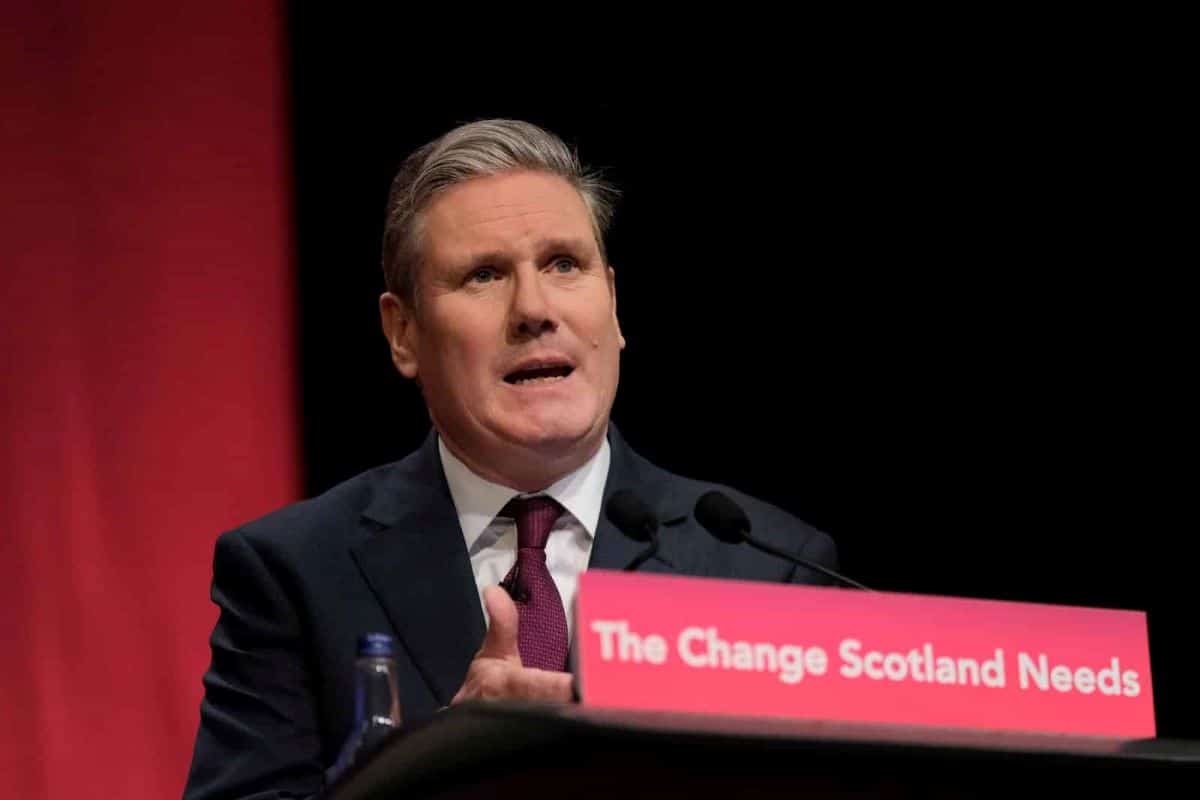A recent report by the think tank UK in a Changing Europe has poured cold water on Labour’s already smothered EU policy. Here’s the full story.
Don’t Mention Brexit
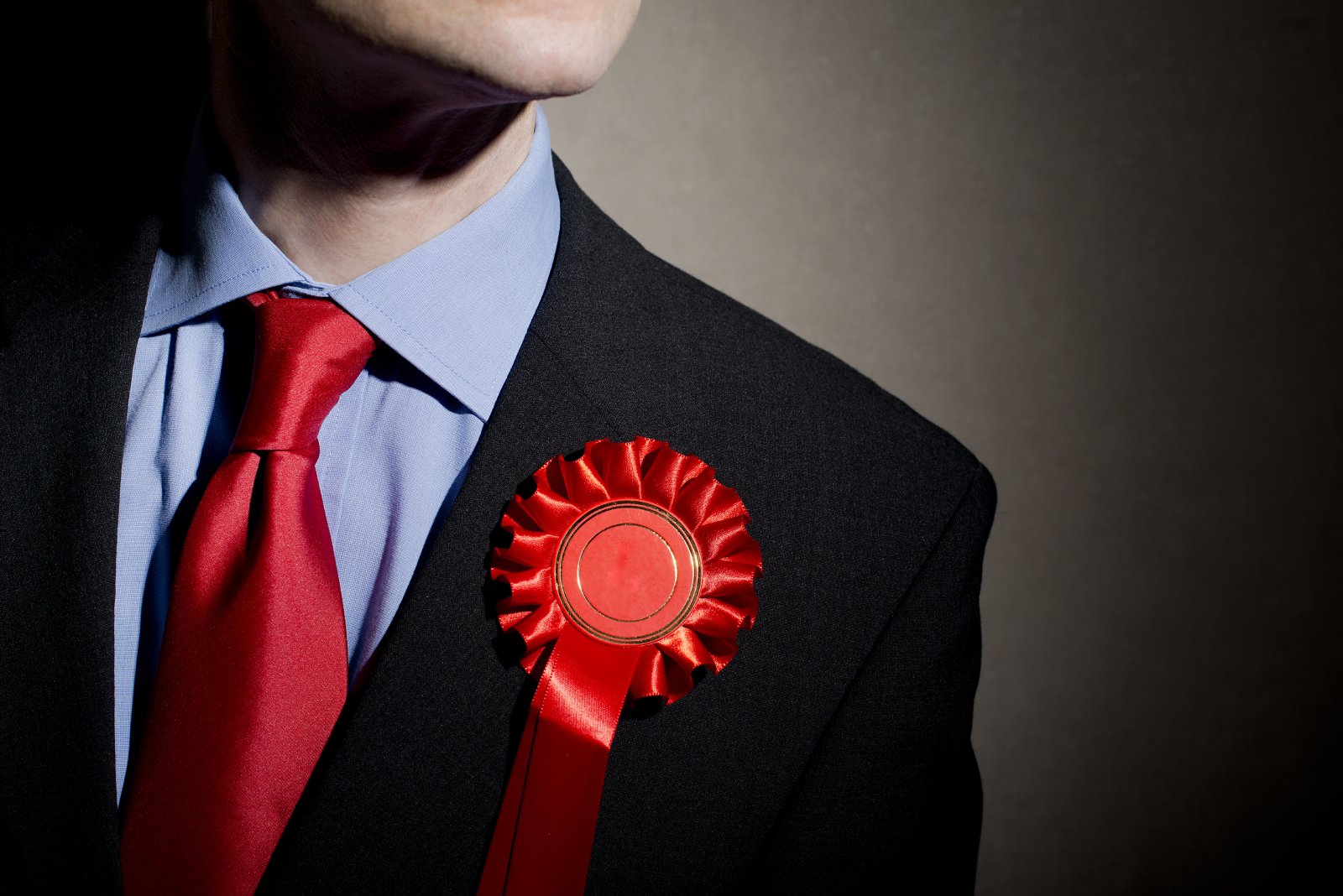
Labour had hoped to keep quiet on Brexit during the election campaign, but Shadow Chancellor Rachel Reeves had recently suggested that, if elected, Labour would attempt to refine the existing relationship between the United Kingdom and the European Union.
Limited Hopes for Change
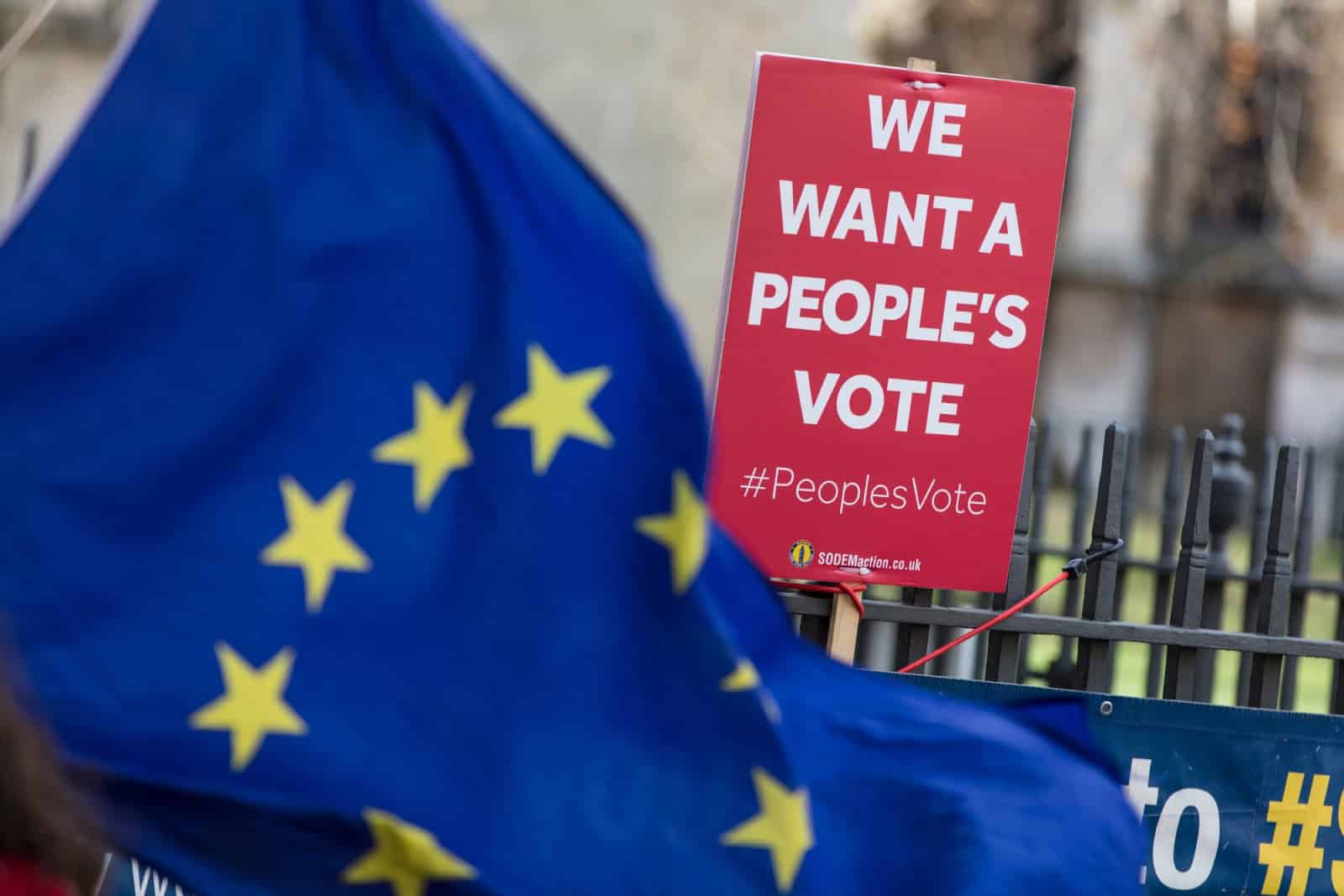
Unfortunately for those hoping for some significant reversal of Brexit, Labour would only seek to improve the UK’s strained relationship with the EU through technical adjustments and regulatory alignments.
Criticism From Think Tanks
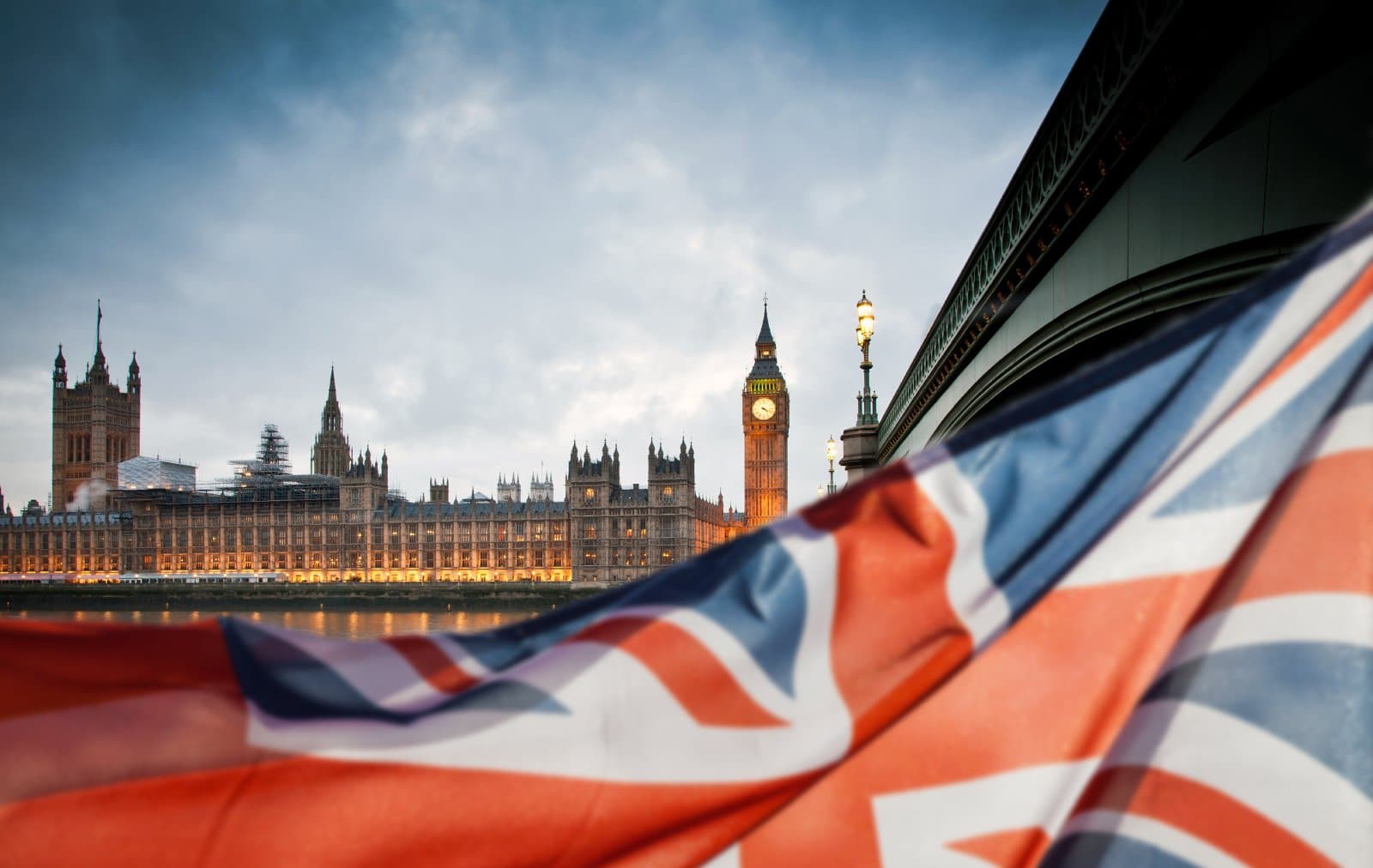
However, UK in a Changing Europe has critiqued these measures as insufficient to mitigate the disastrous economic impacts of Brexit significantly.
“Tinkering Around the Edges”
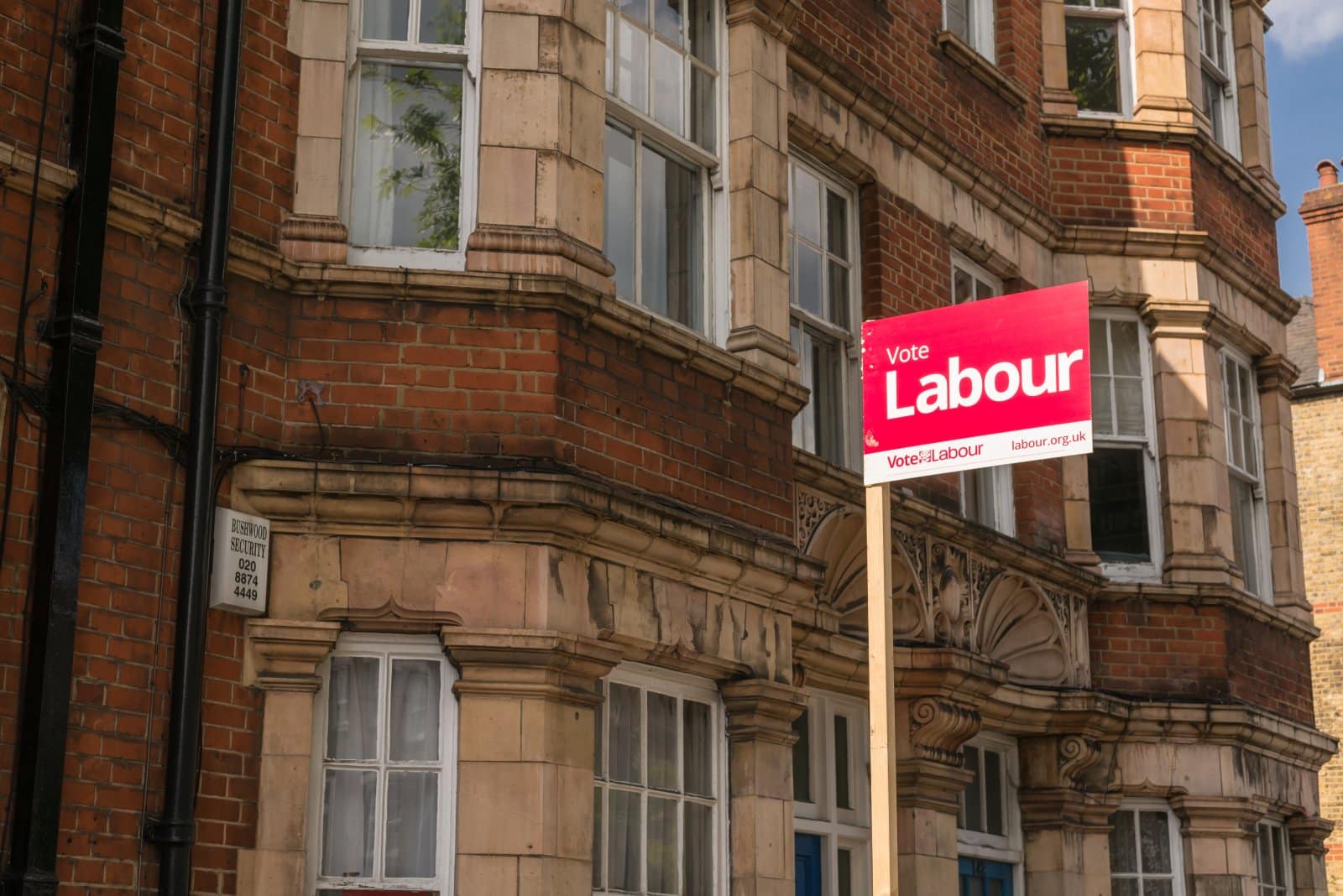
UK in a Changing Europe described Labour’s desire for technical adjustments over structural changes to the UK-EU relationship as “tinkering around the edges of the current relationship.”
Proposed Agreements

The party’s proposed changes include agreements on mobility, veterinary standards, and security cooperation aimed at reducing red tape and improving trade with the bloc, which remains Britain’s largest trading partner.
Improving Trade Relations
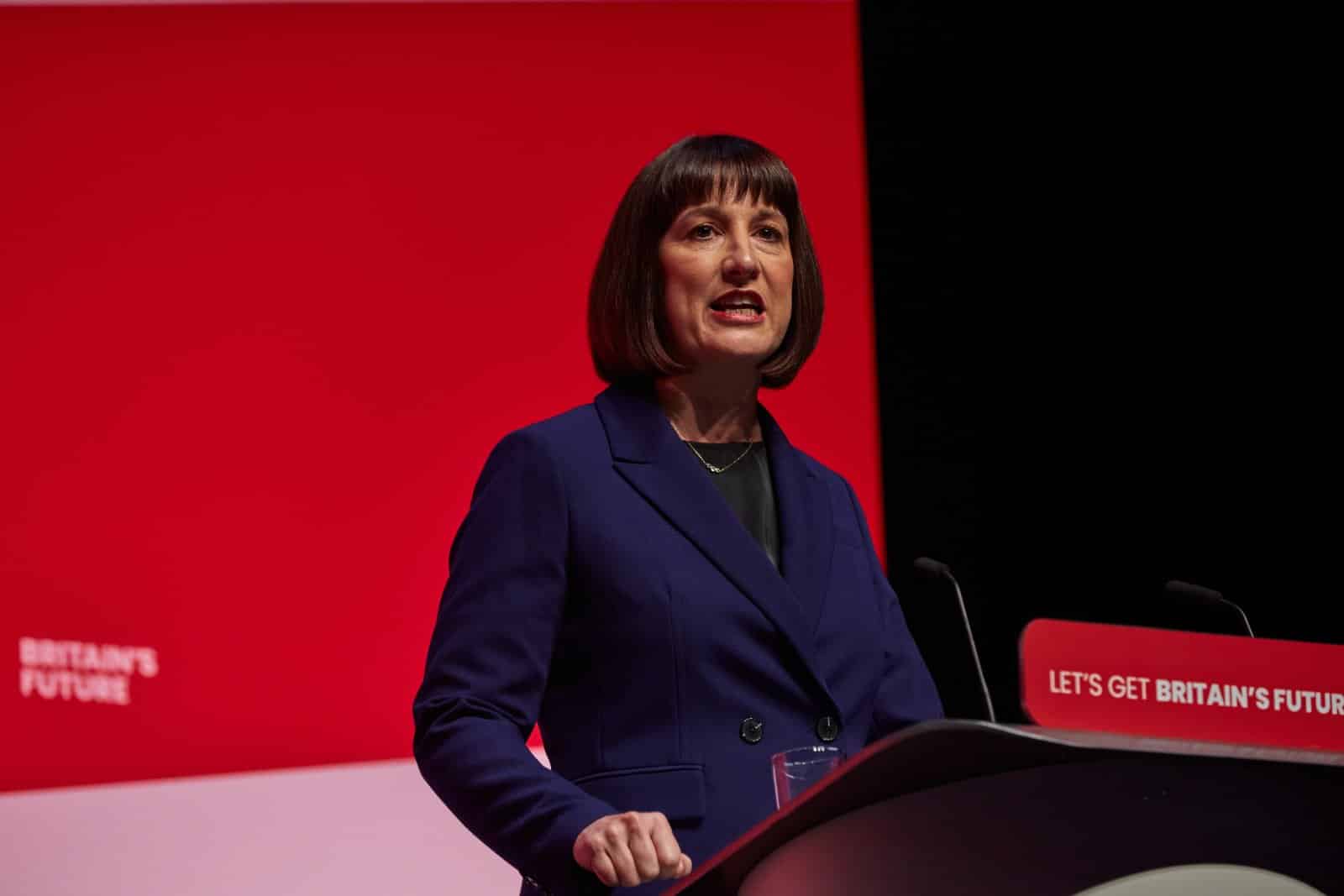
Reeves told The Financial Times that Labour would “look to improve our trading relationship with Europe,” and added that the public did not vote for Brexit because “they were not happy that chemicals regulations were the same across Europe.”
Modest Economic Benefits

The economic benefits of Labour’s proposed technical adjustments are likely to be modest as, according to the report, these changes would only “sand away at the sharpest edges” of Brexit’s economic impacts, providing minimal gains in reducing trade friction.
“Tinkering Around the Edges”

The report states, “With economic growth a priority, the most obvious source of such growth will have been ruled out in the manifesto. For the moment, Starmer and his team seem content to talk in terms of tinkering around the edges of the current relationship.”
Minimal Gains Expected
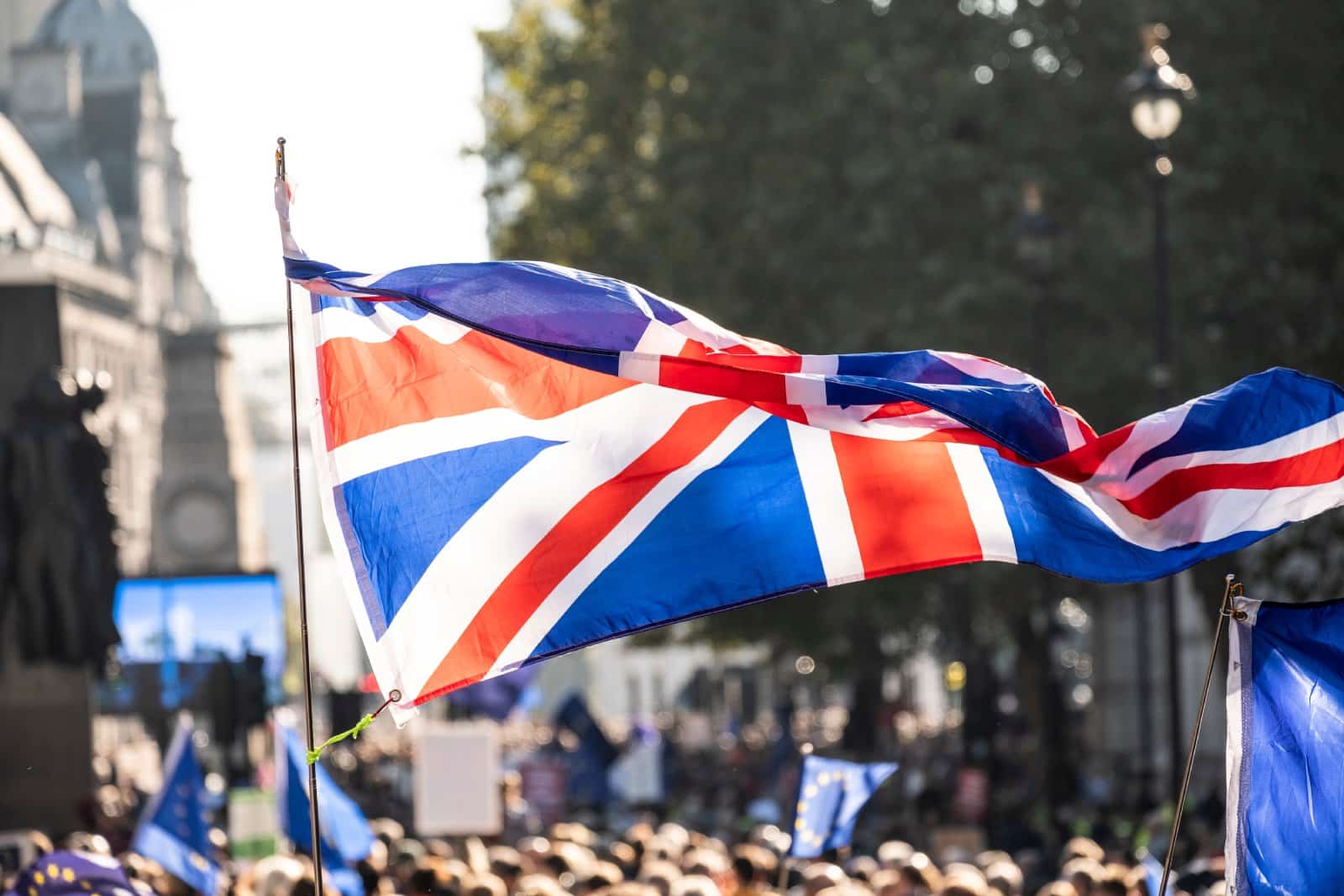
It adds, “Any gains from technical improvements will be relatively minimal: useful in reducing trade frictions, but not enough to really address the continuing economic impacts of Brexit.”
Economic Costs of Brexit

The Office for Budget Responsibility estimates that Brexit has already led to a 2-4% reduction in UK GDP, with a 15% decline in trade.
Limited Policy Impact
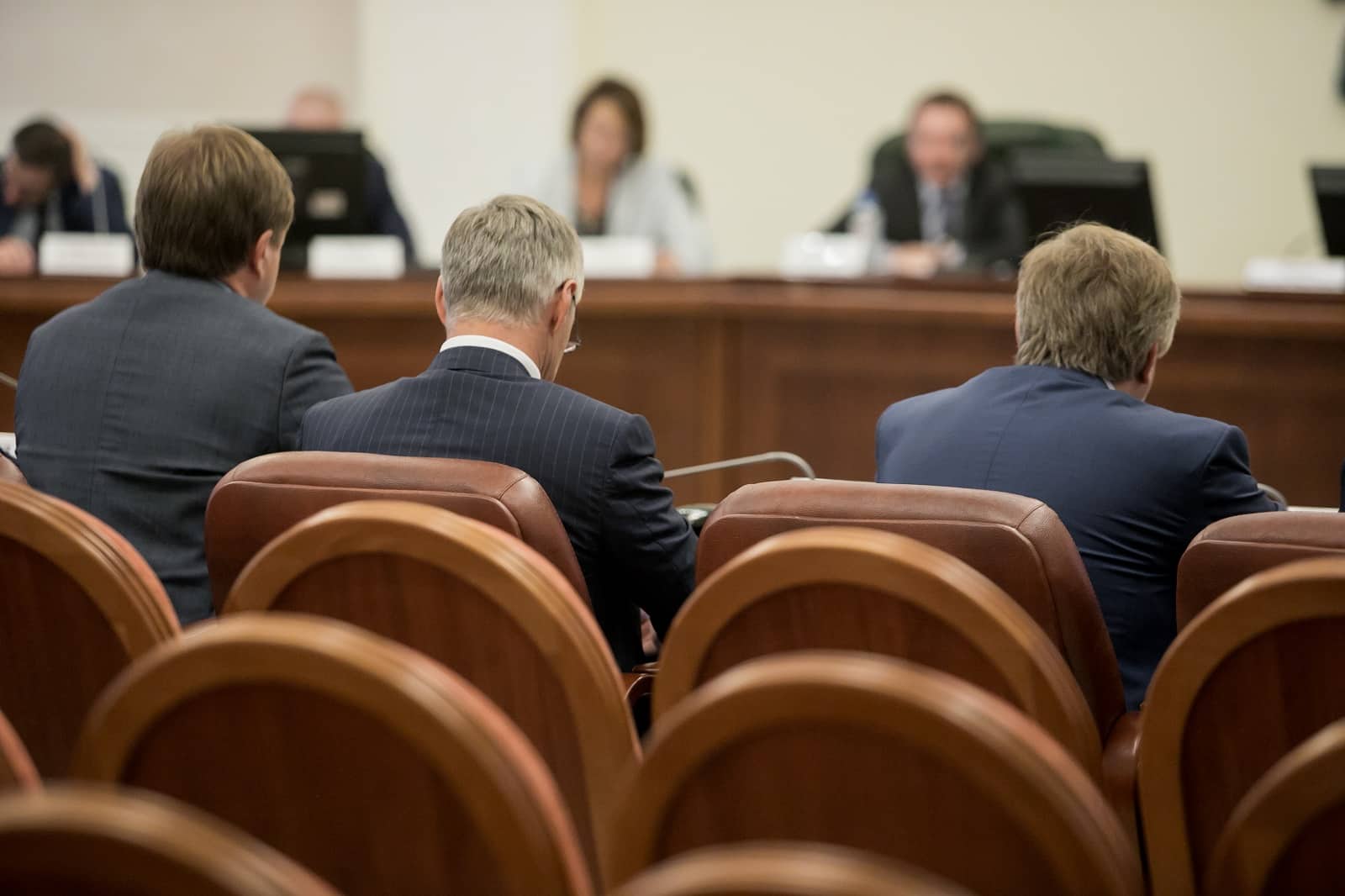
Given these substantial economic costs, the impact of Labour’s proposed policy changes appears limited.
Marginal Export Increases

Even the most ambitious proposals, such as negotiating a veterinary agreement to streamline animal product checks, are expected to yield only marginal export increases.
Challenges With the EU

One of the significant challenges Labour faces is the EU’s potential reluctance to engage in new negotiations or to prioritise UK relations.
EU’s Potential Reluctance

The UK in a Changing Europe report suggests that the EU may not be highly receptive to Labour’s proposals unless the UK offers substantial incentives, such as a mobility agreement.
Rejected Mobility Deal

The EU extended an olive branch to the UK through a youth mobility deal that allowed young Britons and Europeans to live and work in each other’s countries.
Rejection by Leaders
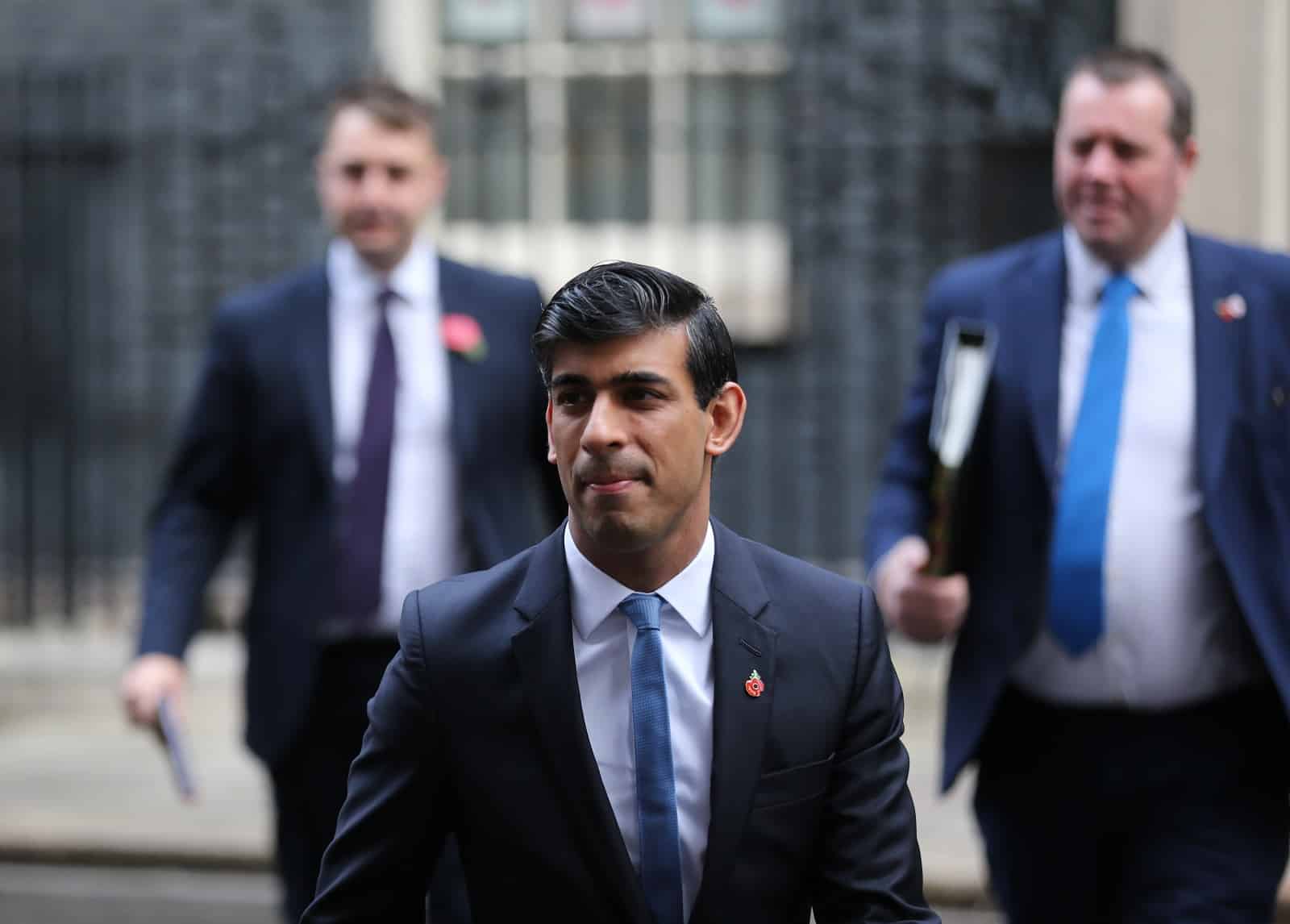
However, this was rejected by both Conservative leader Rishi Sunak and Labour leader Keir Starmer out of hand at the time. Similarly, Reeves recently rejected the proposal.
Long-Term Implications

John Springford, from the Centre for European Reform think-tank, stated that such a rejection would not work in Labour’s favour in the long run.
Need for Concessions

Springford stated, “If Labour proves unwilling to offer the EU any significant concessions on the movement of people, dynamic alignment with changing EU rules, and enforcement by the European Court of Justice, then the economic gains from any renegotiation will be small.”
Hard Choices Ahead
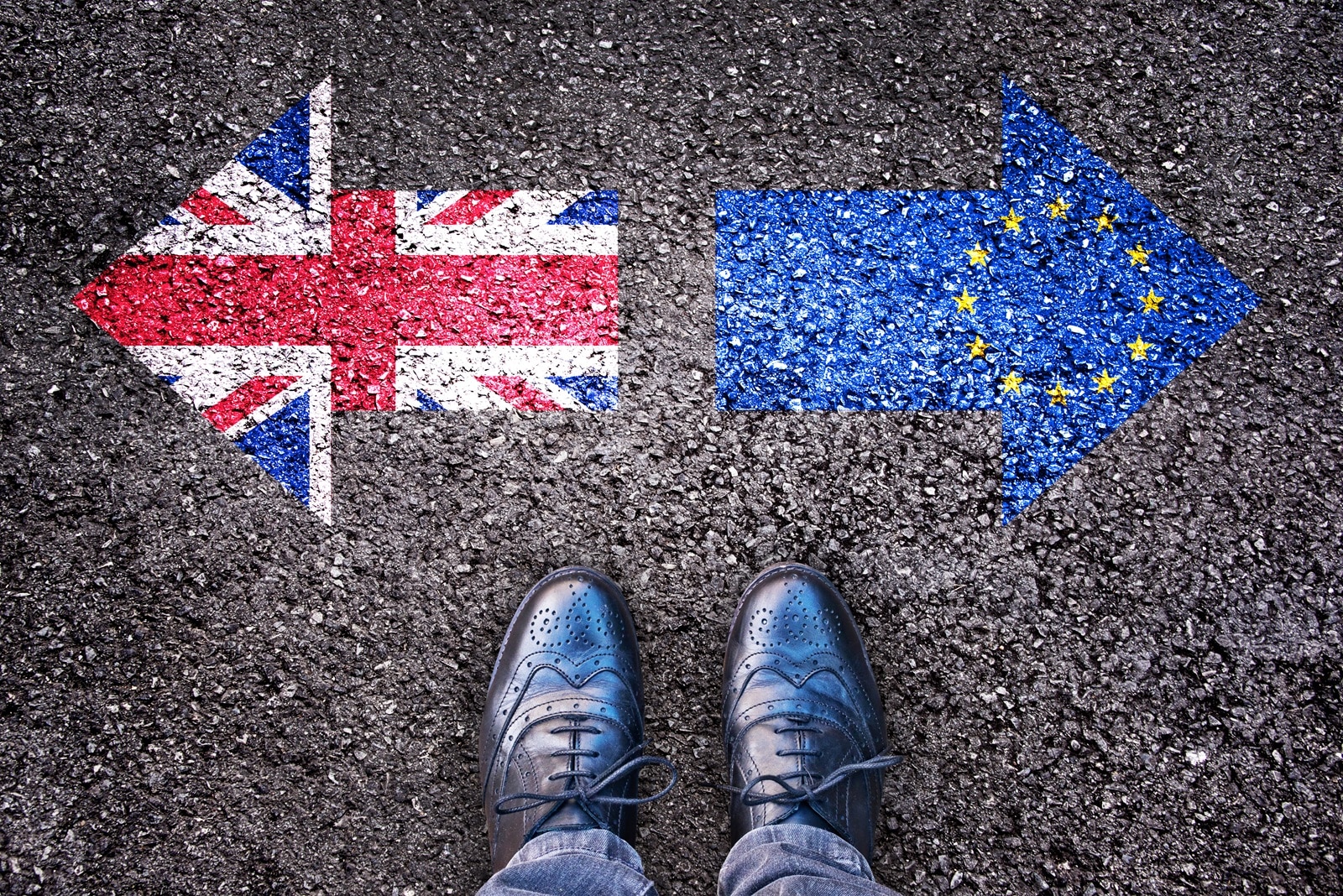
Joël Reland, a senior researcher from UK in a Changing Europe, agreed, stating, “Labour has maintained a studied silence on Brexit in this election campaign, but if elected, it will have to face up to some hard choices.”
Political Safety vs. Growth

He added, “Avoiding deals which involve alignment with the EU rules is the politically safer option, but this could well undermine its attempts to boost economic growth.”
EU’s Limited Interest

The EU has shown limited interest in revisiting the Trade and Cooperation Agreement terms, which came into effect in 2021.
Risky Trade-Offs

Labour’s EU policy reflects a series of potentially risky political and economic trade-offs. On the one hand, the party seeks to improve the UK’s economic performance through enhanced regulatory cooperation and targeted agreements.
Navigating Complex Politics

On the other hand, it must navigate the complex political landscape of Brexit, where any moves perceived as undermining UK sovereignty or reversing Brexit will likely face significant opposition from both Conservative Brexiteers and the country’s predominantly Brexit-supporting right-wing press.
Limited Economic Gains

However, this cautious approach limits the potential economic gains from improved EU relations. Without significant concessions or alignment with EU rules, Labour’s policy changes are unlikely to address the ongoing economic challenges of Brexit fully.
Impact of Election Outcome
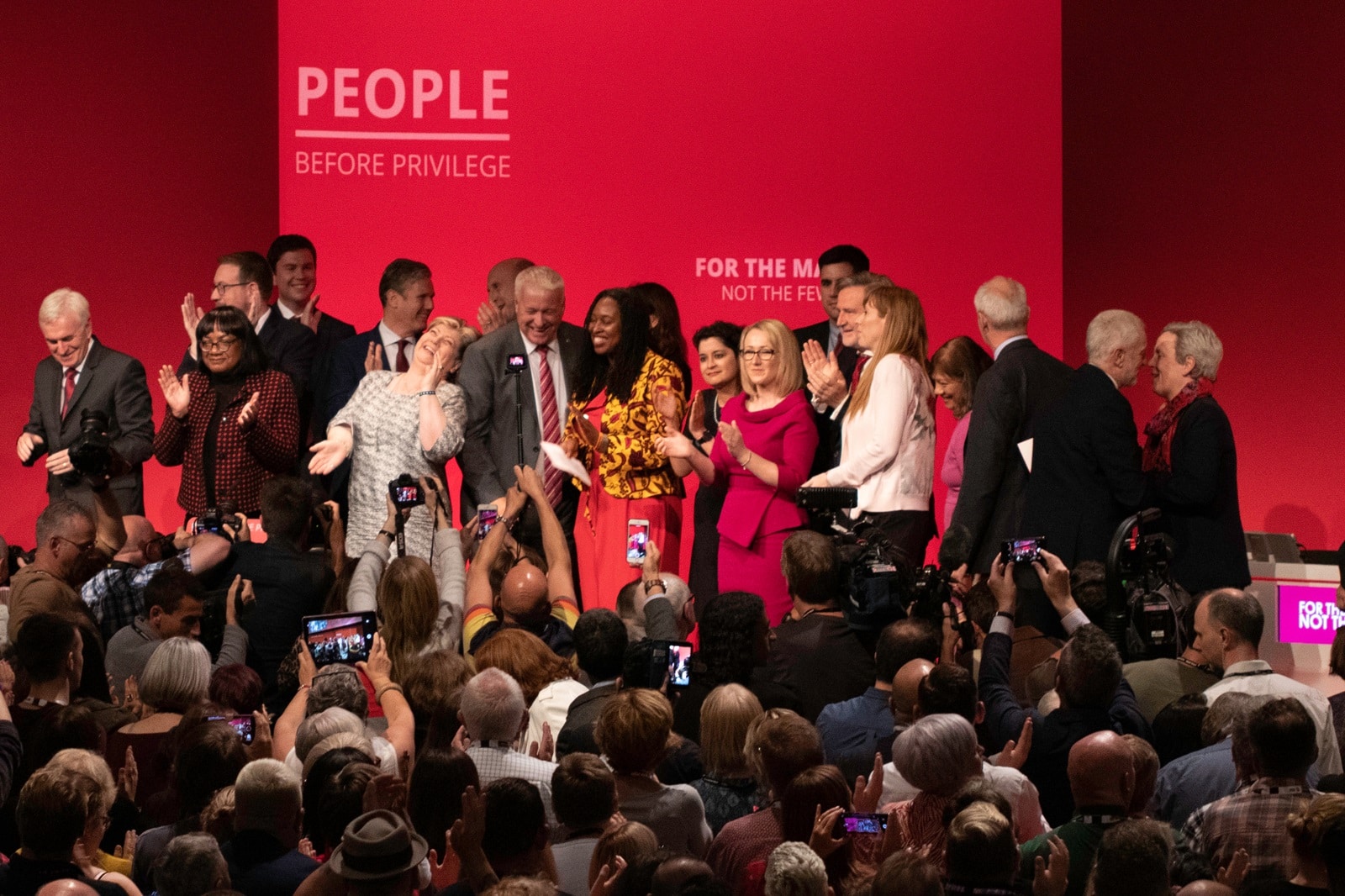
If Labour wins the upcoming election, the party’s proposals for improving the UK’s relationship with the EU may reduce some trade friction. Still, they will likely fall far short of tackling the devastating effect of Brexit on the UK economy.
Need for Radical Proposals

However, whether reports like those from the UK in a Changing Europe will be enough to convince the Labour Party that more radical proposals are needed in the face of ever-present opposition to any realignment with the EU remains to be seen.
The post UK in a Changing Europe Report Challenges Labour’s EU Strategy first appeared on Swift Feed.
Featured Image Credit: Shutterstock / Altopix.

